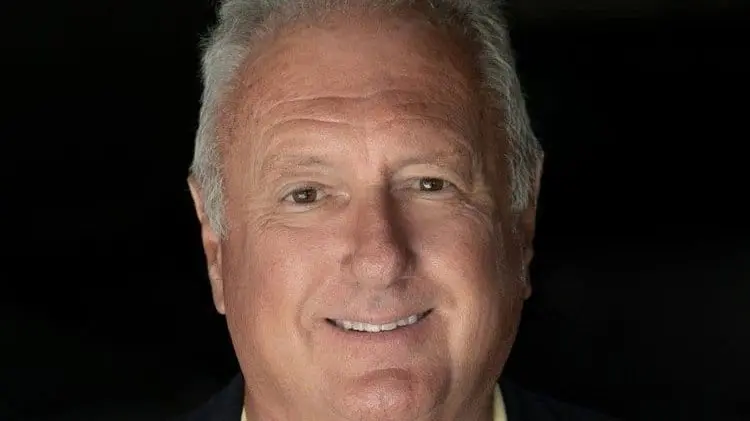Peter J. Burns III is a seasoned entrepreneur whose prolific career spans over four decades, during which he has started or contributed to the launch of over 200 businesses.
A native of New Canaan, Connecticut, Burns hails from a well-established New England family and brings a wealth of experience and a forward-thinking approach to entrepreneurship. He began his entrepreneurial journey while attending the University of Virginia’s McIntire School of Commerce, where a class project led him to successfully start a moped rental business, catalyzing his never-ending pursuit of innovative business ventures.
Based in Del Mar, California, Peter J. Burns III has a notable track record of creating and supporting businesses that range from funding solutions like Burns Funding to initiatives like Millennial Queenmaker, which empowers young women to become successful entrepreneurs. His dedication to education and mentorship is evident from his work in establishing the nation’s first College of Entrepreneurship at Grand Canyon University. Recognized for his contributions to the business community, Burns was named the Businessperson of the Year by the Arizona chapter of the Future Business Leaders of America in 2007. His ventures not only reflect his business acumen but also his commitment to making a positive impact on society.
What inspired the creation of Millennial Queenmaker?
Millennial Queenmaker was inspired by my desire to empower the next generation of female entrepreneurs. Having two daughters and four granddaughters, I’ve seen firsthand the unique challenges and opportunities women face in the business world. The goal is to provide these ambitious young women with the tools and mentoring they need to succeed on their own terms.
How do you assess the viability of a new business idea?
I look for three key elements: a clear value proposition, a definable target market, and a scalable business model. If an idea can robustly satisfy these criteria, it has a solid foundation. Then, it’s about assessing the competitive landscape and the team’s ability to execute the concept.
In your experience, what is the biggest challenge facing entrepreneurs today?
I believe the biggest challenge is information overload. There’s so much noise out there—endless data, advice, and strategies—that it can be overwhelming for entrepreneurs to filter what’s relevant to their specific situation. Learning to prioritize information and actions is crucial.
Can you share an example of a particularly innovative project you’ve worked on recently?
One of the most exciting projects I’ve been involved with is developing a new approach to sustainable tourism through eco-friendly accommodations and practices. This not only helps preserve the environment but also taps into the growing market of eco-conscious travelers.
What strategies do you use to stay ahead in rapidly changing industries?
Constant learning is my go-to strategy. I immerse myself in the latest research, trends, and technologies. Networking with other forward-thinkers and attending industry conferences are also vital for staying ahead. This proactive approach helps me anticipate changes rather than react to them.
What role has mentorship played in your career, both as a mentor and a mentee?
Mentorship has been a two-way street for me. Early in my career, guidance from seasoned entrepreneurs helped me navigate the complexities of starting and growing businesses. Now, as a mentor, I strive to offer the same insights and support to the next generation. The exchange of ideas and experiences enriches everyone involved.
How do you approach risk management in your business ventures?
My approach to risk management involves thorough due diligence and scenario planning. I evaluate the potential risks and rewards of any venture and prepare strategies for different outcomes. Effective risk management is about making informed decisions, not just avoiding risks.
What’s the most rewarding aspect of your work?
The most rewarding aspect is seeing the tangible results of my efforts—whether it’s a startup flourishing due to our funding or a young entrepreneur making her mark in the business world. Knowing that I played a part in their success is incredibly fulfilling.
How do you balance innovation with feasibility in new projects?
Balancing innovation with feasibility is key. I encourage creative thinking and pushing boundaries, but every innovative idea must be grounded in practicality. We conduct market tests and feasibility studies to ensure that our innovations can be effectively implemented and are market-ready.
Looking to the future, what trends do you see dominating the entrepreneurial landscape over the next decade?
I believe we’ll see a surge in businesses that are deeply integrated with technology, particularly artificial intelligence and machine learning. Sustainability will also be a major focus, as more consumers and businesses prioritize environmental impact. Entrepreneurs who can innovate while contributing to a sustainable future will be particularly well-positioned for success.


